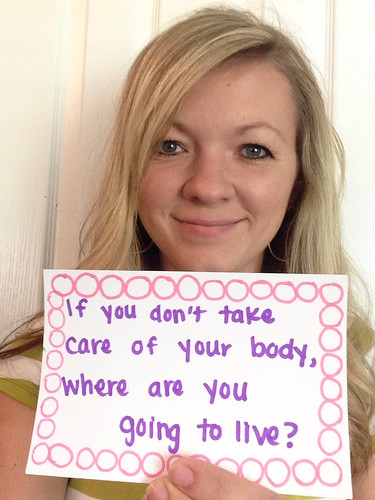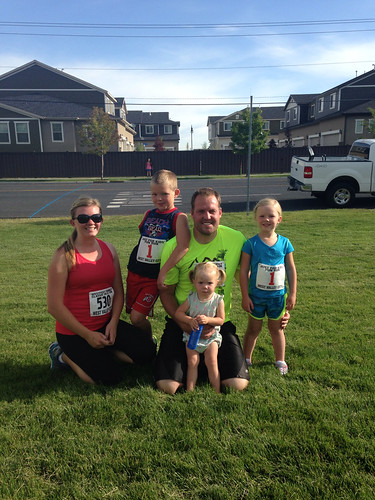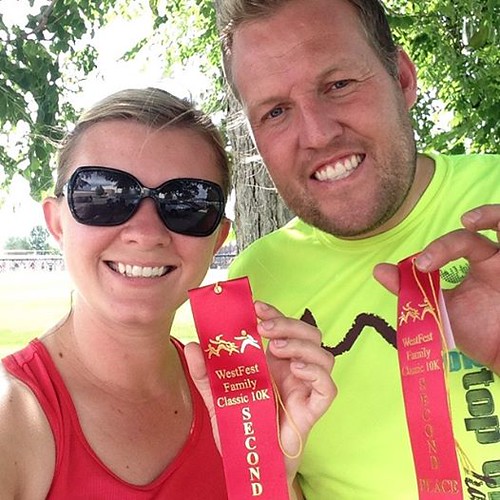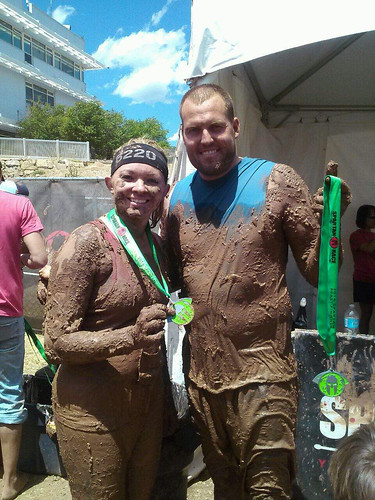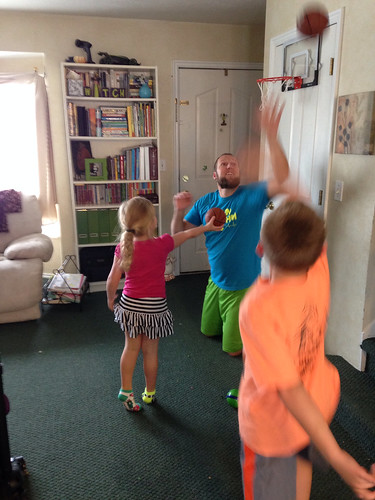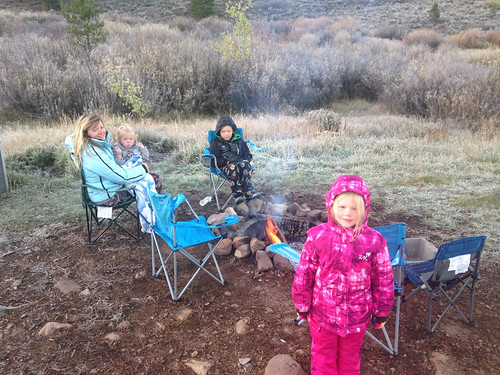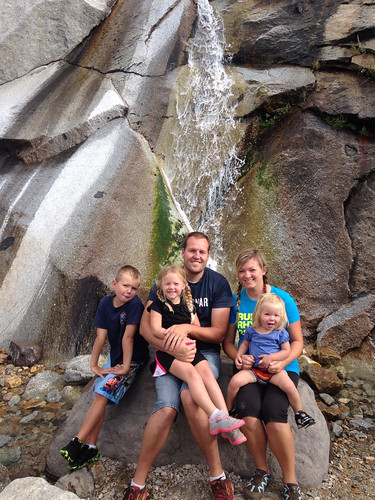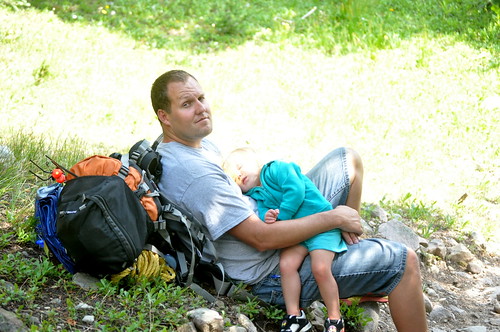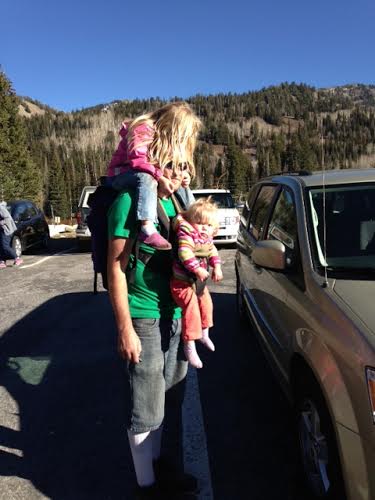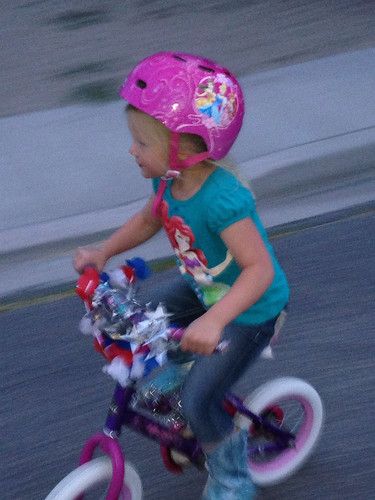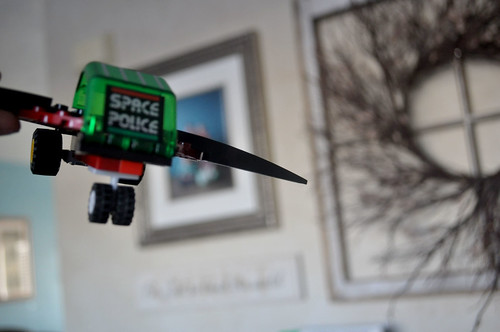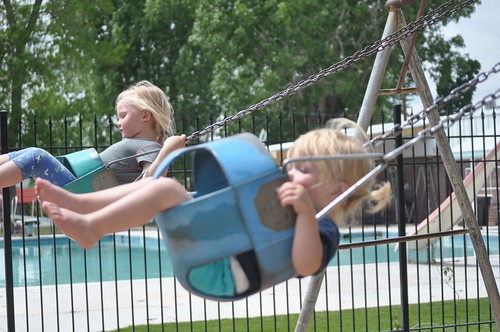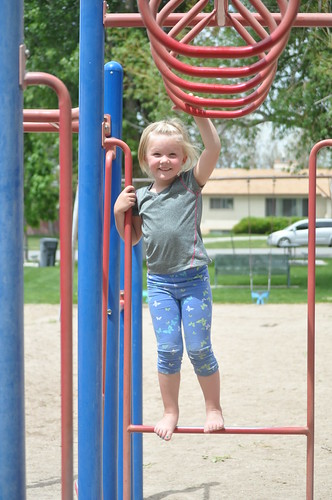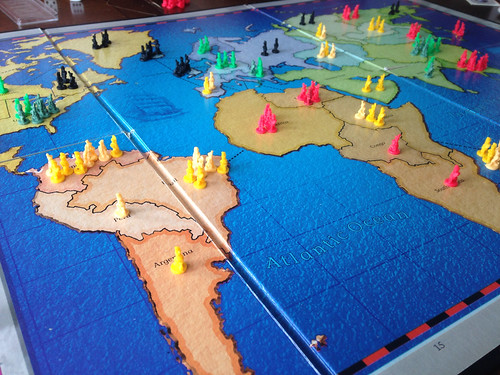"Successful marriages and families are established and maintained on principles of... repentance [and] forgiveness."
Indiana Jones and I hate snakes. The thing I dislike most
about snakes - and perhaps Indy would agree with me - is that by the time I realize there’s a snake nearby, it’s already way too close to me. Fortunately, I’ve never crossed
paths with a dangerous snake.
(Did I just jinx myself?)
There are often stories told of people who get bitten by
poisonous snakes, and they immediately seek revenge on the snake by hunting it down. Since
they waste vital time pursuing the snake, the venom seeps deep into their
bloodstream, and by the time they receive medical attention, it’s too late. They
lose a limb, or worse, their lives.
Elder H. Burke Peterson told one such story in General Conference
in October 1983. Then he said:
What will you do when hurt by another? The safe way,
the sure way, the right way is to look inward and immediately start the
cleansing process. The wise and the happy person removes first the impurities
from within. The longer the poison of resentment and unforgiveness stays in a
body, the greater and longer lasting is its destructive effect. As long as we
blame others for our condition or circumstance and build a wall of
self-justification around ourselves, our strength will diminish and our power
and ability to rise above our situation will fade away. The poison of revenge,
or of unforgiving thoughts or attitudes, unless removed, will destroy the soul
in which it is harbored.
There are two important lessons I have learned personally
about the venom removal process of forgiveness:
Lesson 1: Forgiveness
cannot be conditional upon an apology.
I realized a few years ago that I was holding on to hurt and
anger and waiting for an apology from someone. I wanted that apology something
fierce! I felt like I deserved it. I knew I had been deeply wronged. I felt
like I was excused from the act of forgiveness as long as that apology was
pending.
It’s much easier for me to forgive someone who
says they are sorry. There’s just something about the admission of guilt that
puts me at ease. Consider it a character flaw; I want you to be sorry! I just
do! And when I know you are, I get over it.
I knew, though, that I was never going to get an apology,
and if I didn’t move on without that acknowledgement of wrong-doing, I was
essentially holding myself prisoner. Freedom could only be attained through
forgiveness regardless of whether the offender apologized.
Sitting around waiting for an apology is like trying to hunt down the snake after it bites you.
Lesson 2: Forgiveness
and reconciliation are not the same thing.
I think many people struggle with forgiveness because they are not able to reconcile with the offender. Reconciliation requires a restoration of trust and includes
ongoing contact. The result of forgiveness can
be reconciliation, but reconciliation is not required. In some cases,
reconciliation is not possible because the offender is deceased, in prison, or
living far away. It may also be that reconciliation is not healthy or safe
(Walton and Hendricks, 2012).
Forgiveness is separate from reconciliation. Likewise, forgiveness should not be mistaken for legal pardon, condoning, or forgetting (Walton and Hendricks, 2012).
Noted researcher Everett Worthington stated, “Forgiveness does
not occur within a relationship. It occurs within the forgiver” (2006). Sometimes forgiveness has to be one-sided.
There are several models of forgiveness that have been outlined in scholarly literature. Some are interpersonal models with reconciliation as the goal. Others are intrapersonal, such as Worthington's (2001) cognitive-behavioral, five-step process which I will summarize here.
R.E.A.C.H.
1. Recall the hurt.
It’s human nature to try and protect ourselves from pain, and to do this, we
often try to deny or forget the discomfort of the offense. To forgive, it’s
imperative to acknowledge the wrong-doing and be clear about the manner in which
you’ve been hurt.
2. Empathize. In
order to forgive, it’s important to try to understand the transgressor’s
feelings.
- Was the offense committed
knowingly or was it an honest mistake?
- What were the pressures that
influenced the offender to commit the offense?
- Is there an understandable reason
for the offender to disagree with the victim about the seriousness of the
offense?
- In what ways might the offender
have been victimized in the past?
- What pain might the offender be
experiencing regarding guilt and remorse?
3. Altruistically give the
gift of forgiveness. Be humbled by your own shortcomings and offenses. Show
special gratitude for the occasions when you
have been freely forgiven.
4. Commit publicly to
forgive. Forgiveness is more successful when the victim verbalizes the
commitment to another person. This can be done by telling a friend or
counselor. Other options are writing in a journal or writing a letter.
5. Hold on to forgiveness.
As time goes on, it’s normal to still be occasionally haunted by the pain of
the offense. When thoughts revert to the painful injury, the victim is reminded
that the decision to forgive has already been made. Forgiveness does not replace painful memories. The pain
should be a reminder to move forward instead of revisiting the transgression
committed (Walton and Hendricks, 2012).
I share the following story with permission:
A close friend of mine was molested by her father as a child, and eventually, her father took
his own life. She has often been upfront with me about her father’s actions,
but she has never spoken of him with animosity. It has always been evident that
she loves her father despite the pain he inflicted on her. I asked her recently
about her forgiveness process. She told me that her process is cyclical.
Sometimes she is at peace, and other times, she still feels the pain of his
choices.
I don’t know if she has come to the place where she has
fully forgiven her father, nor do I believe that her pain is evidence that she
has
not forgiven him. I know that either
way, she is removing the venom. One way my friend is healing is by being involved in suicide
prevention. She has found a
crucible perspective in her adversity, and she’s using a
foundation of personal experience to help others.
I think forgiveness can be likened unto the seed that Alma spoke of. If, in our hearts, we simply plant a desire to forgive, and if we let the desire work within us, the forgiveness process will begin to unfold. It may take time, but the seed will swell. It will increase our understanding, and we will know that the seed of FORGIVENESS is good (Alma 32).
The ultimate example of forgiveness is, of course, Jesus Christ. Elder Marion D. Hanks said:
Christ’s love was so pure that he gave his life for us... But there was another gift he bestowed while he was on
the cross, a gift that further measured the magnitude of his great love: he
forgave, and asked his Father to forgive, those who persecuted and crucified
him.Was this act of forgiveness less difficult than sacrificing
his mortal life? Was it less a test of his love? I do not know the answer. But
I have felt that the ultimate form of love for God and men is forgiveness (1973).
Upon the cross, the Savior didn't hesitate to remove the venom. He didn't wait for an apology or excuse himself from the act of forgiveness due to the severity of the snake bite. I admire Him deeply for that choice, and I know that that is a man who loves without question.
-----------------------------------------------
This post was inspired by "Repentance and Forgiveness in Family Life," by Elaine Walton and Hilary M. Hendricks, published in Successful Marriages and Families: Proclamation Principles and Research Perspectives, 2012. This piece of writing is part of my Family Proclamation project for FAML 100 at Brigham Young University Idaho.

